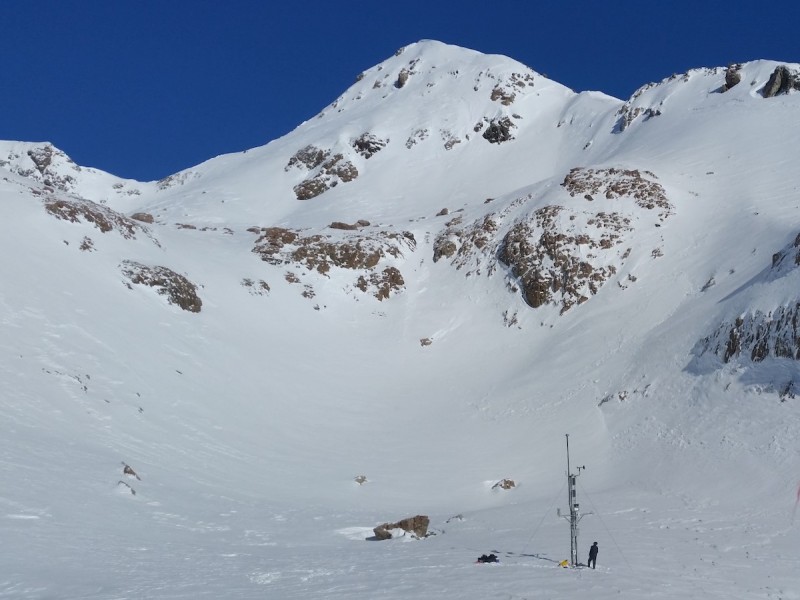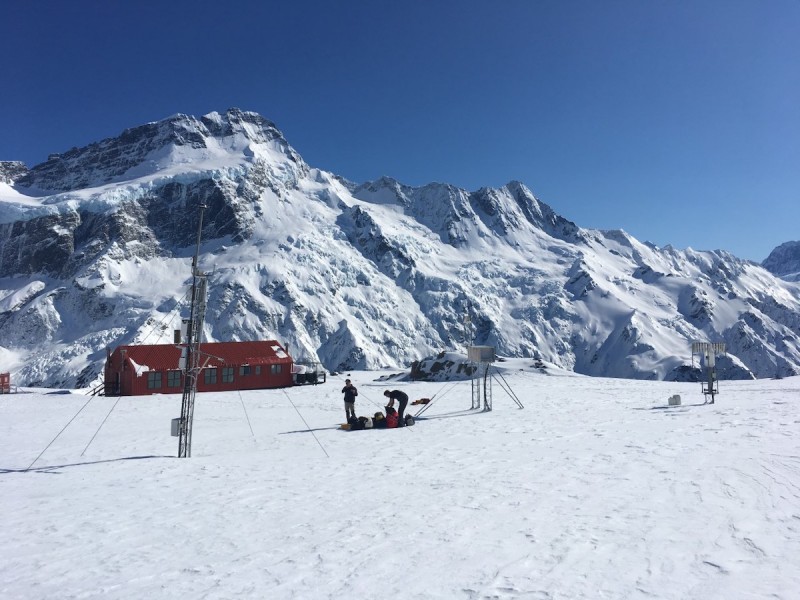Climate change will have a major effect on the future of New Zealand's ski seasons, as a large rise in the snowline is predicted.
Hydrological forecasting scientist from NIWA Dr Jono Conway said by the end of the century the prediction was for 1.5-degree warming and a 10 percent precipitation increase. This will cause a 200 metre rise in the snowline.
“This 200-metre rise is more than we had previously thought it would be, we first predicted a 150-metre rise at most,” Conway said.
The latest generation of climate input and models has also shown NIWA a reduction in the time snow will stay on the ground by six to seven weeks.
That is between 20-50 percent of the snow cover.
Conway said this would affect all ski resorts and clubs in New Zealand significantly as all mountains are reasonably low in elevation.
“So, if you think about the base of Mt Hutt, it's around 1400 metres and goes up to 2000 metres, so now the snow that you're getting at the top at 2000 metres will be what you get at 1800 metres now.”
New Zealand ski seasons are based on seasonal snow that comes in the winter and melts in spring.
Conway said this meant the mountains were susceptible to variability from one year to the next and there would always be good years and bad years.
“With climate change in general it’s going to get warmer, and although that warming is going to mean less snow, we will still be able to ski for generations to come.”



